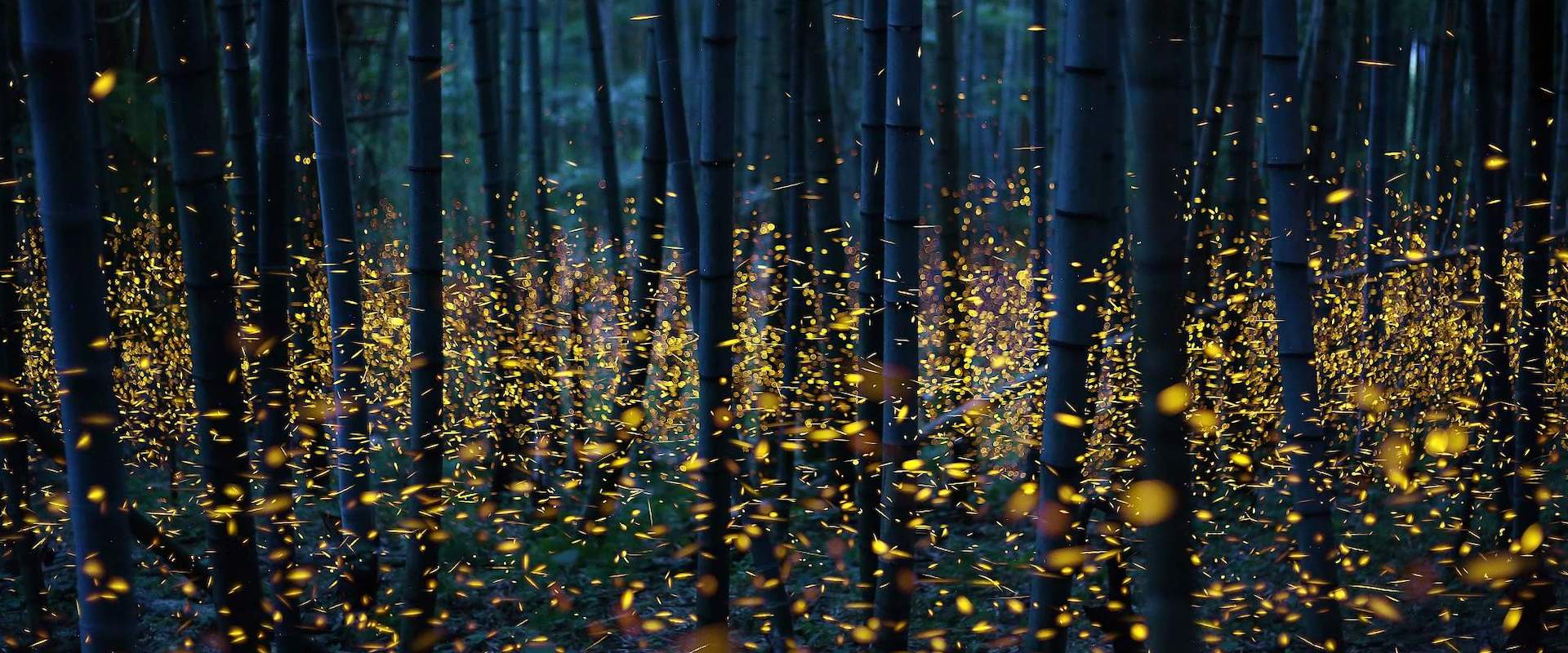

BBC Earth Podcast
Close your eyes and open your ears
Intimate stories and surprising truths about nature, science and the human experience in a podcast the size of the planet.
Seven Worlds, One Planet
The Kaska Dena want to protect their homeland for future generations, including ours.
Nestled in a dark green expanse of boreal forest in the Kechika Valley of northern British Columbia, Canada, is Graveyard Lake. Its shores are the home of a Kaska Dena family that once lived there for generations.

Though it had been years since the indigenous people left this place for a nearby community, when a group of elders returned by helicopter in 2010, they very quickly began to point out the trails they once used to gather water, and the names of relatives buried in a multitude of grave sites. “It’s very emotional for them,” says Bill Lux, the Chief Negotiator from the Kaska Dena Council who accompanied them. “When you bring the elders back to the land, they open up.”
When you bring the elders back to the land, they open up”
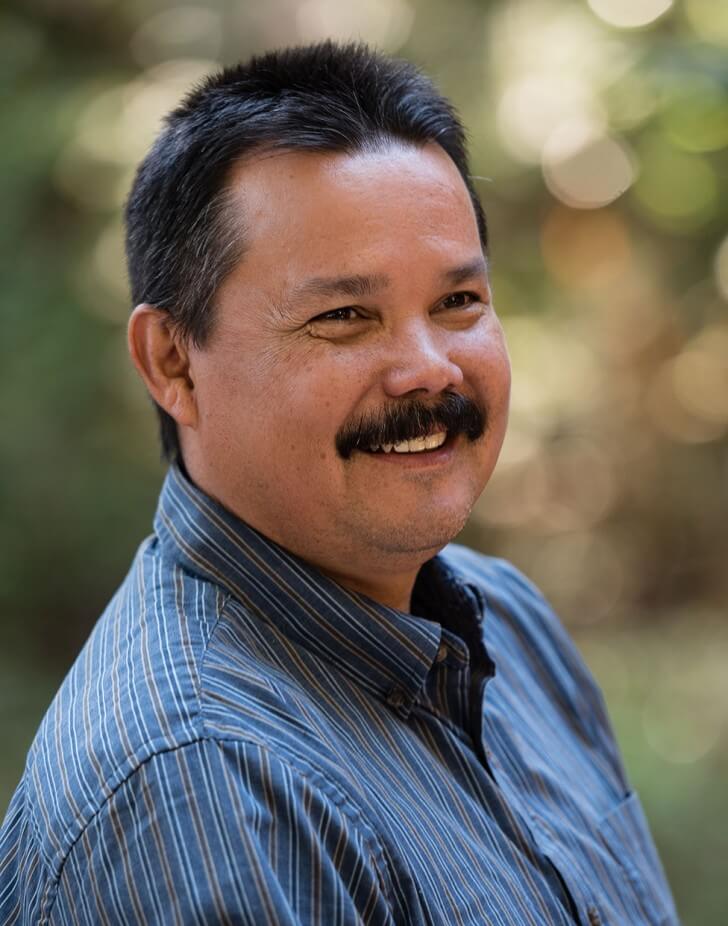
Ever since the Kaska Dena first walked this wilderness, large lakes like this one have served as family camps, while others were important gathering places along ancestral trails. The lakeshores were often burial grounds or areas of high spiritual significance, which is why many of the sites have been designated with special protection under a new proposal for a Kaska Indigenous Protected and Conserved Area (KIPCA).
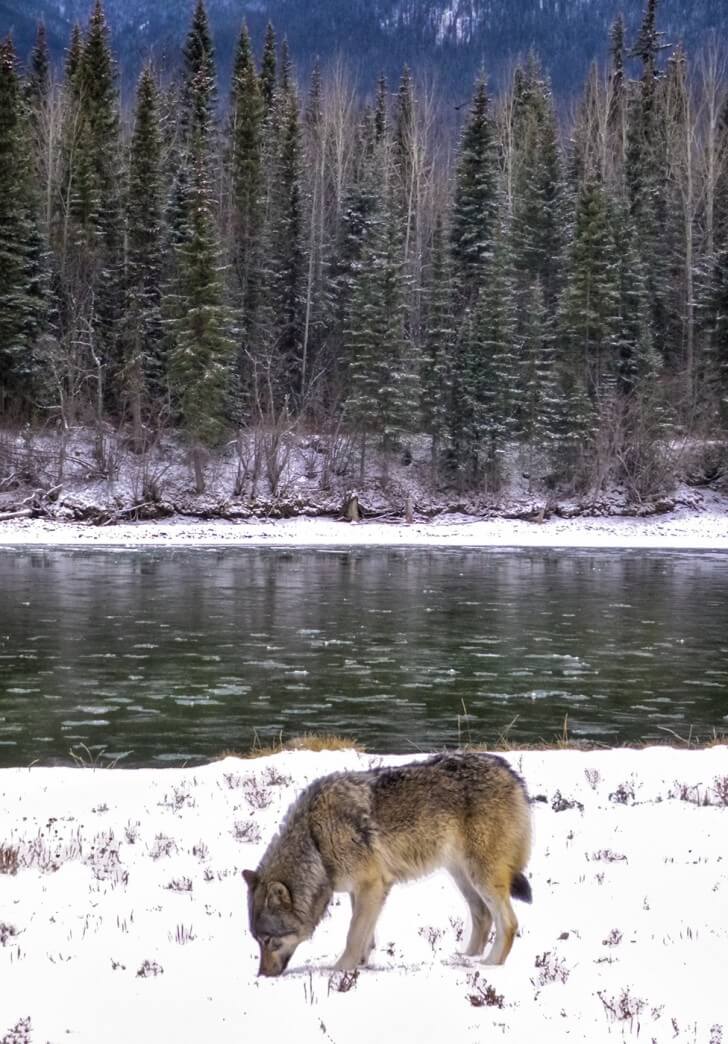
Known by Kaska as Dene Kʼéh Kusān meaning ‘Always Will Be There’, the KIPCA will not only protect areas of cultural importance, but also 40,000 km2 of virtually roadless wilderness. The conservancy boundaries encompass great swaths of the rugged Rocky and Coastal Mountains, and vast valley bottoms through which flow mighty rivers such as the Muskwa, Kechika, Finlay, and Liard. Some parts of the area have so many black bears, wolves, moose and beavers that they have been nicknamed the ‘Serengeti of the North’.
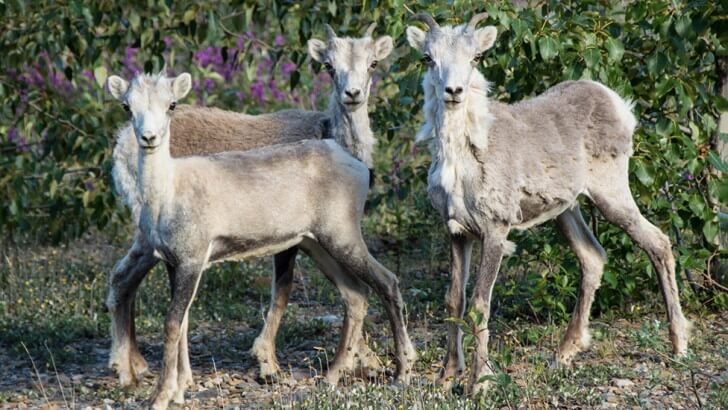
“It’s the only place in the world where a subspecies of mountain sheep called Stone’s sheep exists,” says John Weaver, Senior Conservation Scientist at the Wildlife Conservation Society, Canada. The proposed KIPCA and the area immediately around it (together known as the Muskwa-Kechika Management Area) are strongholds for species at risk like caribou and bull trout. What’s more, the unique and varied terrain may prove to be an important refuge for wildlife and plants as ecosystems around the globe shift and disappear as a result of climate change. “It will remain one of the [cooler] landscapes when compared to areas further south, or some of those near the Arctic that are warming quite rapidly,” says Weaver.
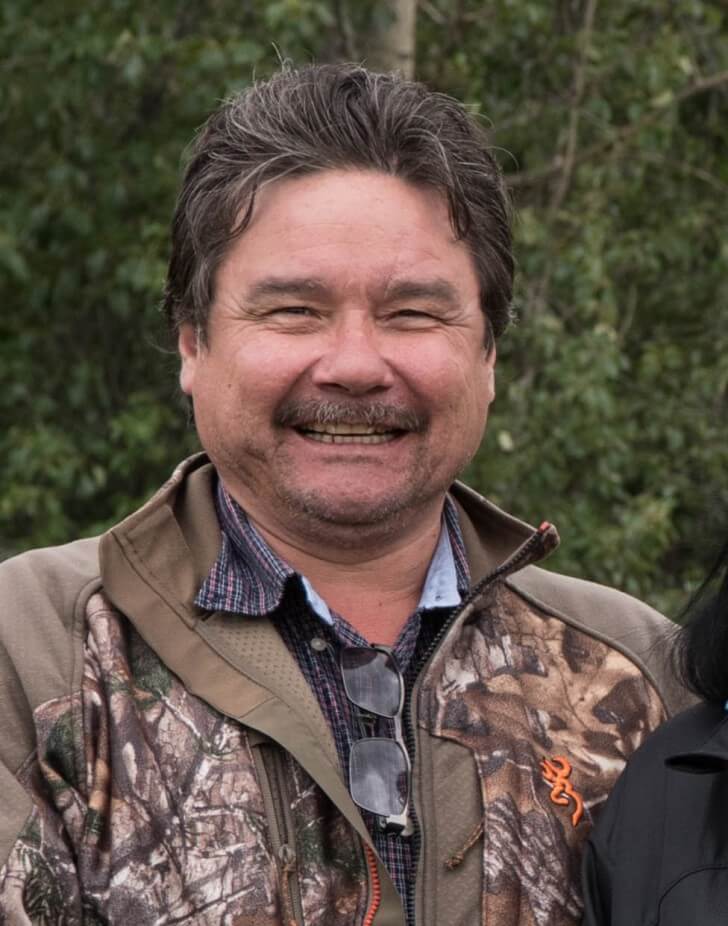
Protection of the land and all that live there is critical to the Kaska way of life. “We live on the land, within the land, from the land”, says Chief Donny Van Somer of the Kwadacha Nation, one of five Kaska Dena nations in British Columbia. “The water is the blood running through our veins.” One of Van Somer’s favourite waterbodies is Obo Lake. When standing on a peninsula that juts from shore, beyond the turquoise waters, glaciers can be seen in the distance. A white, sandy beach is close by. “You’d swear it was the Caribbean,” he says, laughing.
The water is the blood running through our veins”

To be sure, there are many reasons to protect the area. However, preserving ecosystems won’t be enough to maintain communities on the landscape. Sustainable economic opportunities are also critical. The KIPCA outlines a number of activities with low environmental impacts that would be allowed in the conservancy, including adventure tourism and guide outfitting (guided hunting trips).
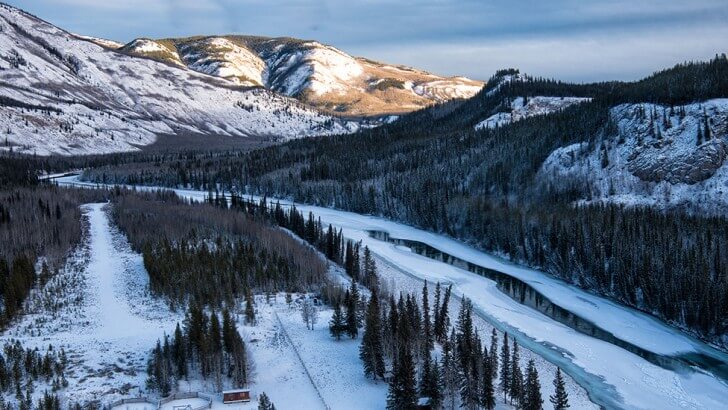
Guide outfitting in particular has a long history in the area. Lux remembers watching out the window of his school in the town of Lower Post as guides and family members forded the swift waters of the Liard and Dease Rivers with huge trains of pack horses bound for ancestral trailheads on the other side. From there, he knew they would head to Turnagain Lake camp, a place the Kaska still take guests today. Watching the group head out “created a lot of excitement,” he says. It’s why Kaska outfitters continue to trail horses through town in this tradition — to inspire the next generation to get involved.

Van Somer points out that a number of non-Kaska guide outfitters work in the region, and their rights to operate are upheld in the KIPCA proposal. “We’re protecting the area for them, as well as ourselves,” he says. The proposal also attempts to consider existing protected areas and management plans, mineral rights claims, and the claims of other First Nations in drawing the boundaries of the conservancy.
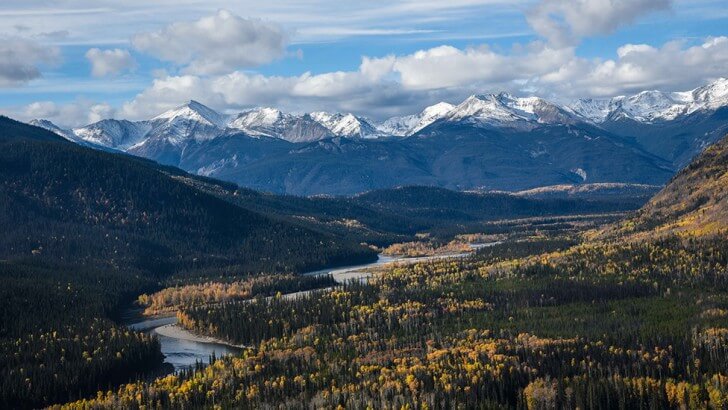
The Kaska are now meeting with the Government of British Columbia in the hopes of making the KIPCA a reality. If the plan is realized, the positive effects for the Kaska would ripple out over generations. But Van Somer says it goes beyond that. As “stewards of the land” he sees the conservancy as a chance for the Kaska Dena to protect a relatively untouched piece of wilderness for everyone, from the citizens of British Columbia to people across the globe. “It’s important that [all] future generations will have a place like this to go to,” he says. “The beauty, the land, the animals, the mountains, the air the trees. It’s all there. It’s a place where you go to get back to yourself.”

Featured image © Maureen Garrity


Intimate stories and surprising truths about nature, science and the human experience in a podcast the size of the planet.